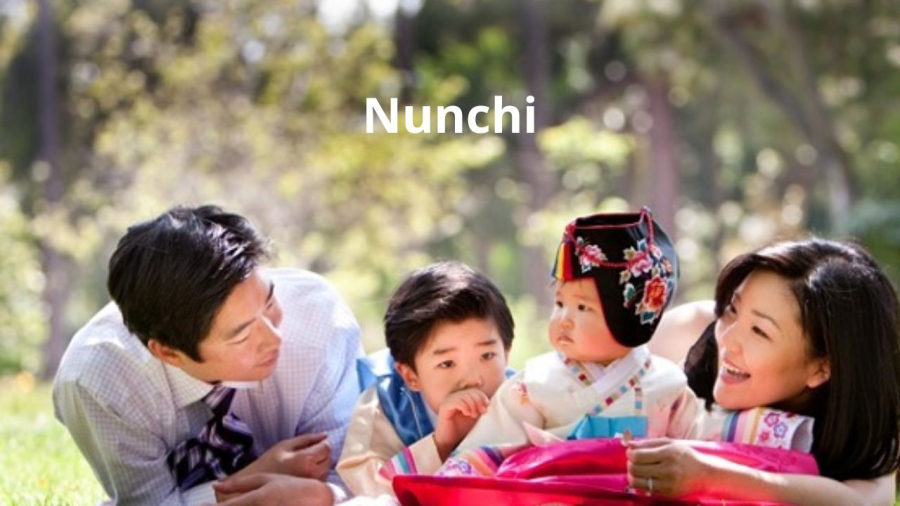The country of Korea in the 1970s was still very poor compared to other Asian countries. But their rise led Korea to become a wealthy nation in a short period of time. The story of Korea’s development is called the “Miracle on the Han River”. Behind this miracle is the effort and contribution of many factors, but we must mention the important factor of human education to create a superior generation. And the most important aspect of this is nunchi.

What is nunchi for Koreans?
One of the first words Korean children are taught when they are young is “nunchi,” which literally means “measuring the eyes”. Nunchi is the art of perceiving what others are thinking and feeling. From there, appropriate reactions can be made, or simply put, it means being sensitive.
Developing nunchi is developing one’s own sensitivity, being able to quickly understand situations and others, and focusing on the collective rather than the individual.
The faster one’s nunchi is, the more superior their development and advantages become. The nunchi ability helps them respond in a timely manner. They will rely on the words, gestures, or facial expressions of the person in front of them to always be aware of the situation.
People with good nunchi are valued and they are the ones who seize opportunities and adapt quickly to any situation. Good nunchi helps you understand yourself, understand others, and understand the situation in order to respond. This nunchi ability can be honed to help you choose the right partner in life or work, protect yourself from those with harmful intentions, and even reduce social anxiety.
However, nunchi can be confused with empathy, and having too much empathy can cause instability. Nunchi is observing to understand others while maintaining your own position. To harness the power of nunchi, all you need are your eyes and ears. And the hardest part is having a calm mind.

How to educate children to be sensitive from a young age
Korean parents and teachers place great importance on teaching children the ability of nunchi, in any way possible. It can be as simple as teaching them to “look both ways before crossing the road” or “do not hit others”. They emphasize this from the age of 3 because what is formed at the age of 3 will last until the age of 80.
To have nunchi, one must observe, listen, and focus in order to perceive what others are thinking, feeling, and reacting to in an appropriate manner. The first lesson for a child to have nunchi is: “You are not the center of the universe”.
An example situation is as follows: A mother and her 4-year-old son are waiting in line at a buffet for a long time. Instead of saying, “Oh, poor you, having to wait for so long! I have some snacks in my bag, you can eat them to alleviate your hunger,” the mother would say, “Look at the other people waiting in line, they are just like us. Do you think you are the only one in this line who is hungry?” This type of education teaches children that the world does not revolve around them and that things are not always readily available, so they will strive harder.
Schools do not have janitors, but the students take turns cleaning, sweeping, and taking out the trash to cultivate…. There are many lessons that children can learn from this. Firstly, they will understand that the cleaner and more organized they are from the beginning, the less time it takes to clean up. Furthermore, the need to take turns helps instill the understanding that the whole class is like a single beehive. Students must respect their environment as a member of the group and they also have the responsibility to protect it.
According to Koreans, you don’t need to be the smartest or the richest, but if you are the most sensitive, you will be happy and successful.
Teachers and parents often do not give children the answers directly, but rather provide vague information for them to find out on their own, to solve problems. This helps children develop better thinking skills, always thinking and observing. It is also a way to help children learn one of the basic rules of nunchi: If you can patiently observe, then your questions – what to do, how to act, how to react – will be answered without others having to say a word.



































